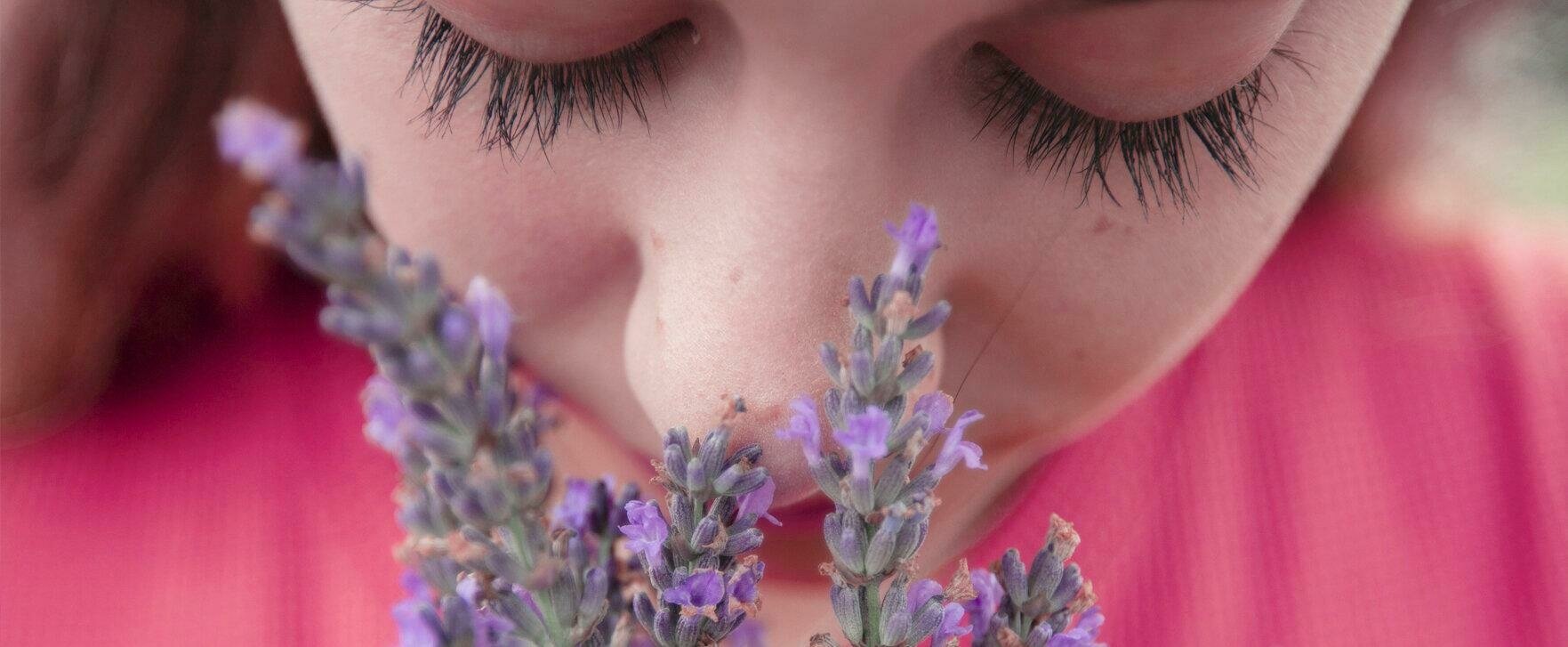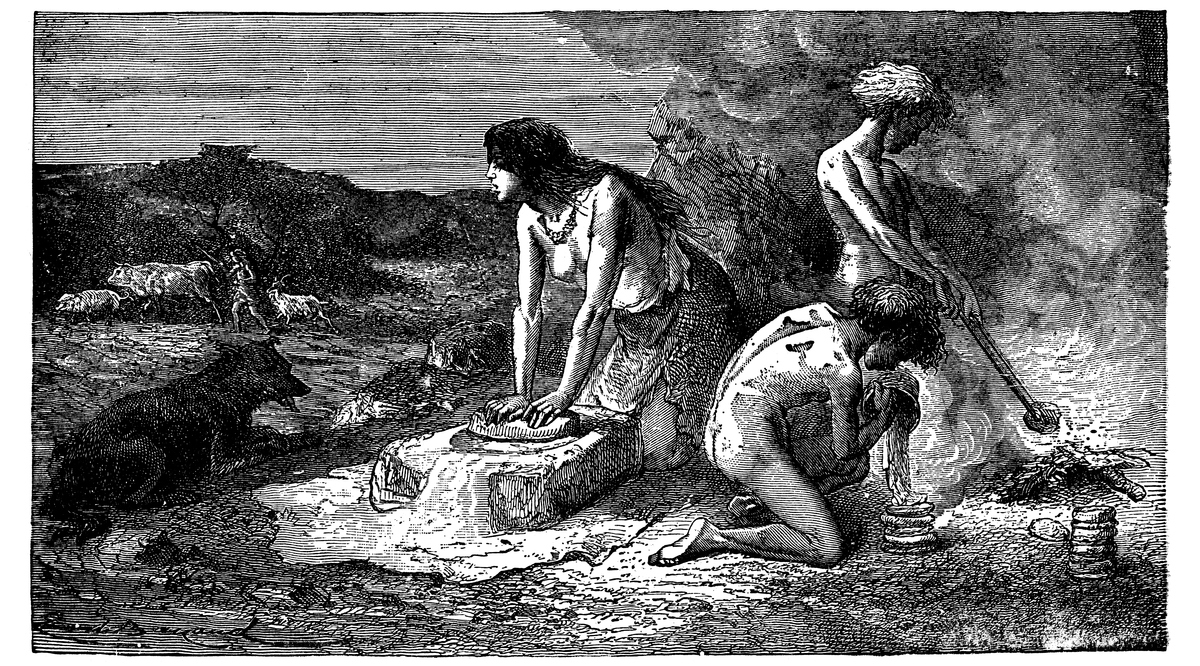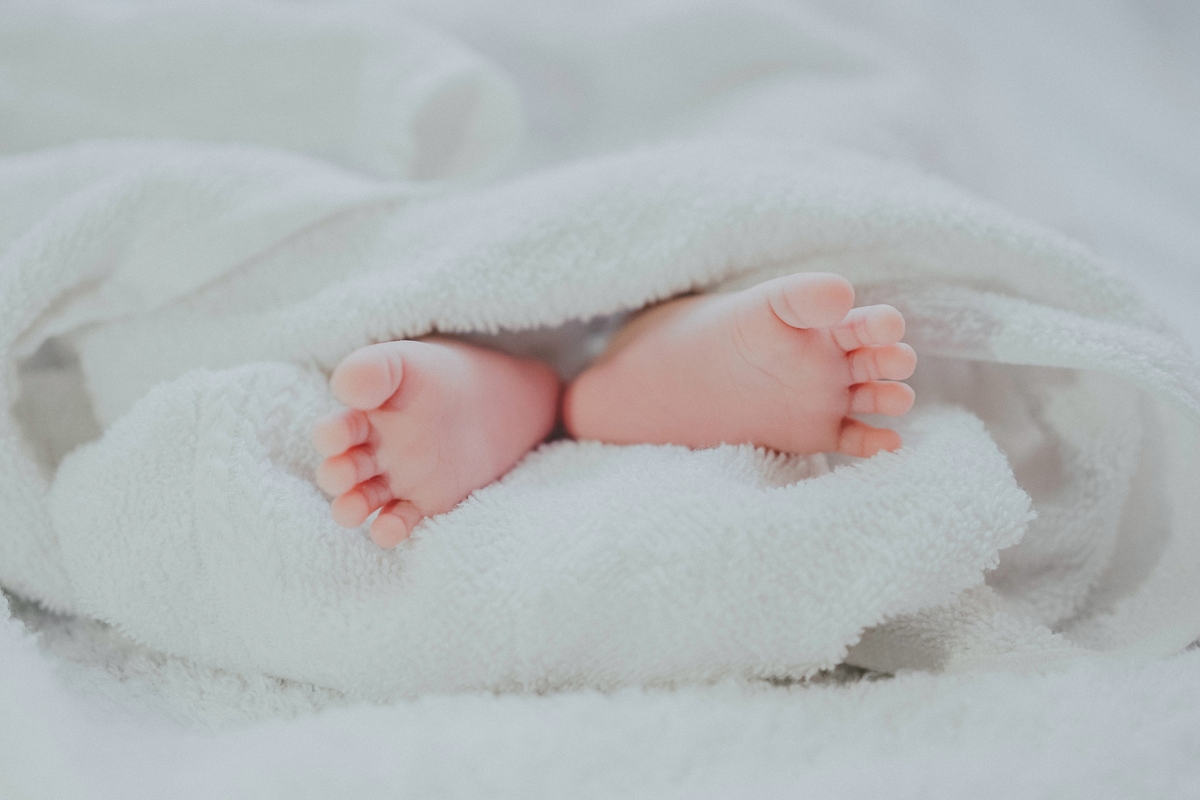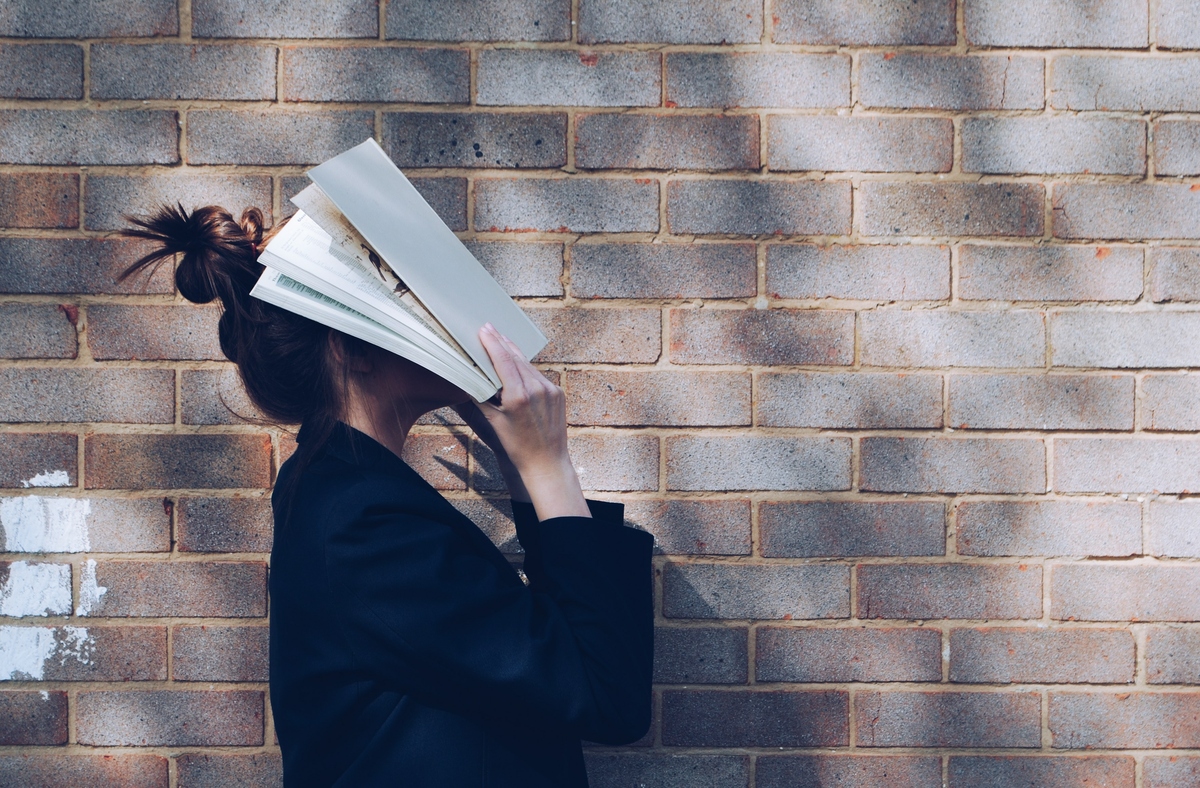
The Female Sense of Smell
There has recently been some chat on message boards to the effect that "women generally have a better sense of smell than men".
The Mechanism
Why would females have a better sense of smell? Could it be because women have more cells in the olfactory bulb than men?
43% more according to the Daily Mail. [1]
The Evolutionary Argument
There is an evolutionary argument that says hominids developed their sense of smell, in part to help them identify good food and avoid eating toxins. [2]
And it's still the case today that, when confronted with - for example - milk of doubtful freshness, our first reaction is to smell it to see if it’s gone off.
(Note the language we use: ‘smell it to see’, we’ll come back to this shortly.)

The argument then follows; women evolved a better awareness of smells, partly thanks to a preoccupation with food selection and preparation, and partly due to the need to protect their children, and – in particular – unborn children, who are more vulnerable to toxins than adults. [3]
Smell as Mate Selection
That women’s sense of smell is acute can be seen in the ability to identify suitable mates by their odors. In a blind scientific trial, where women were asked to smell t shirts worn by men, the participants expressed a preference for the odor of those worn by the men they were genetically compatible with. Others, with whom they were too genetically similar were not preferred.[4] This is a case where sense of smell functions on a largely subliminal level to protect the gene pool from interbreeding, something that biologists are aware of. [5]
Smell as Bonding
The olfactory link between newborns and their mothers is well known,[6] the blind infant locates the nipple by smell, even before it uses touch. [7]
All of which suggests a woman's brain (and body) is attuned to odors in ways that cannot apply to men, or may not apply to them in the same way.

Emotional Intelligence
Another argument for the case that women generally have a better sense of smell, is that they are generally thought to be more emotionally intelligent than men. Women tend to empathize more, [8] which is an indicator of emotional intelligence. This can be seen in a woman’s reaction to others who are suffering; where a woman’s brain registers the emotion of the sufferer and engages with it, a man's brain registers it and disengages. [9]
Empathy
The ability to empathize – to relate to the experience of another – can be divided into two categories: emotional empathy - feeling another’s emotion, and cognitive empathy - putting yourself in their shoes.
It’s possible that a high level of cognitive empathy would allow a person to better identify with their experience of the environment (and not just their experience of other people in the environment). This may include the experience of smelling a smell, although the theory doesn’t appear to apply to olfaction directly.
When a smell also has a memory attached to it, there will be an emotional charge to the experience,[10] possibly making it more empathic.
Because women generally display higher levels of empathy – both emotional and cognitive – given the right olfactory training a woman will typically have both an increased capacity to analyze a perfume, and a greater propensity to identify
with its messages on an intuitive or emotional level.
This would – generally speaking – give a woman a greater ability to interpret a perfume than a man, who – as well as having a nose less well-endowed with olfactory cells – may be less aware of his feelings towards the perfume and/or have less ability to express them verbally.
Linguistic Skill
Which is the other, related, factor here; women tend to be more competent with language. [11] And so, as a consequence, it’s likely that women will have a better ability to express their insights about odors. This is despite the fact that it’s a hard thing to do. The olfactory and linguistic parts of the brain are so distant from each other they are hard to connect, and hence we need to borrow metaphors from other senses, leading us down side roads like ‘sniff the milk and see what it smells like’.

The Empirical Argument
There is one final argument I want to put forward here, which is empirical.
While women make up 90% of perfume evaluators, and they are the majority of students in perfume schools, only a minority of perfumers are female.[12] It may be that this has less to do with ability, and more to do with attitudes that confine women to junior roles in the industry.
Creating and critiquing perfume are not the same things of course, the skill sets are similar but not identical. So it would be a mistake to see all evaluators as perfumers manqués, and equally, not all perfumers would make good critics.
There is a hierarchy of roles; but it’s not a simple progression up the ladder - and some people carry out more than role.
But the fact remains. In general, women are charged with evaluation, the first hurdle a (mainstream) perfume has to face on its long road to market; where millions of dollars may be at stake – both as potential profit, and losses incurred in advertising and other associated costs - in the case of a perfume that fails to sell.
Anecdotal Evidence
It cannot be for nothing that women are entrusted with this key role in a largely male industry, and one perfumer reports only having known one male evaluator in the whole of her time at a composition house. [12]
Why should that be?
Industry Beliefs
Could there be a widespread belief in the industry that - generally speaking – a trained woman has - as well as the ability to analyze a perfume in terms of its notes and chords, an enhanced capacity to relate to it? In other words, as well as understanding how it works technically, she can better understand a perfume’s character.
So, according to this hypothetical belief, a trained woman will – on the whole – be able to read, understand and interpret a perfume’s message better than a man.
Does that mean – broadly speaking – a woman’s sense of smell is better?
References
[1] https://www.dailymail.co.uk/sc...
[2] https://www.theguardian.com/sc...
[3] https://pubmed.ncbi.nlm.nih.go...
[4] https://www.themantic-educatio...
[5] https://www.lakeforest.edu/new...
[6] https://onlinelibrary.wiley.co...
[7] https://link.springer.com/cont...
[8] https://edition.cnn.com/2022/1...
[9] https://www.psychologytoday.co...
[10] https://news.harvard.edu/gazet...
[11] https://kuow.org/stories/maybe...
[12] https://mag.bynez.com/dossiers...
Image credits: Unsplash, iStock (benoitb)


 BrianBuchanan
BrianBuchanan
